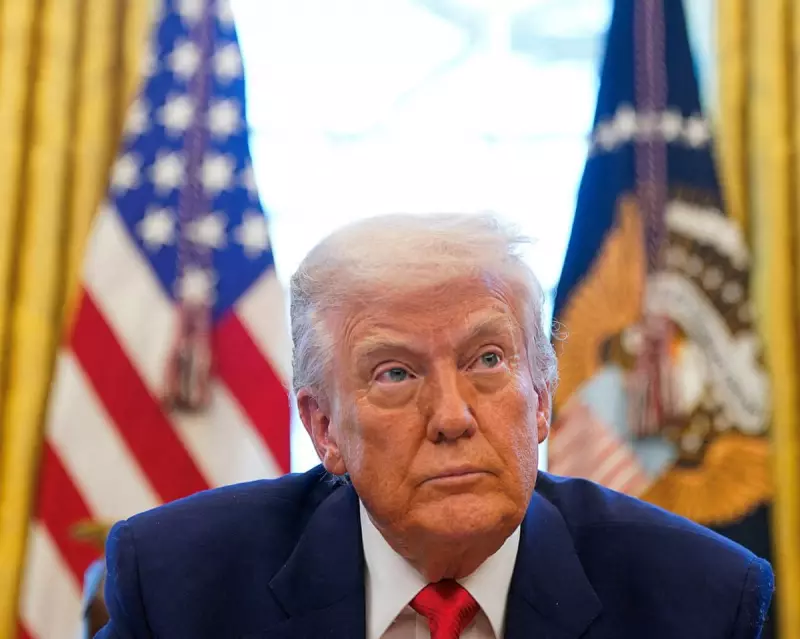
In a move that could reshape global security dynamics, the Trump administration is driving fundamental changes to America's nuclear weapons policy, according to newly obtained Pentagon documents.
Shifting Strategic Priorities
The proposed overhaul signals a significant departure from established nuclear doctrine, with plans to accelerate modernisation of the nation's atomic arsenal and enhance presidential authority over deployment decisions. Defence analysts are calling it the most substantial revision of nuclear strategy in decades.
Internal memoranda reveal the administration is pushing for:
- Expanded development of low-yield nuclear weapons
- Streamlined procedures for nuclear response authorisation
- Increased integration of nuclear and conventional strike capabilities
- Enhanced readiness across all nuclear delivery systems
Global Implications
Military experts warn these changes could trigger a new arms race and potentially destabilise existing nuclear deterrence frameworks. The timing is particularly sensitive given ongoing tensions with nuclear-armed adversaries.
"This represents a fundamental shift in how America views its nuclear deterrent," said Dr Eleanor Vance, senior fellow at the Royal United Services Institute. "The emphasis appears to be on flexibility and rapid response capability, which carries significant implications for global stability."
Political and Military Reaction
Within the Pentagon, the proposals have generated mixed reactions. While some senior commanders welcome the increased operational flexibility, others express concern about eroding traditional safeguards and escalation risks.
The administration argues that current nuclear posture fails to address emerging threats and requires modernisation to maintain credible deterrence. Critics, however, fear the changes could lower the threshold for nuclear use during crises.
Congressional oversight committees are expected to scrutinise the proposals closely, with several key lawmakers already expressing reservations about the potential consequences for international security agreements.





